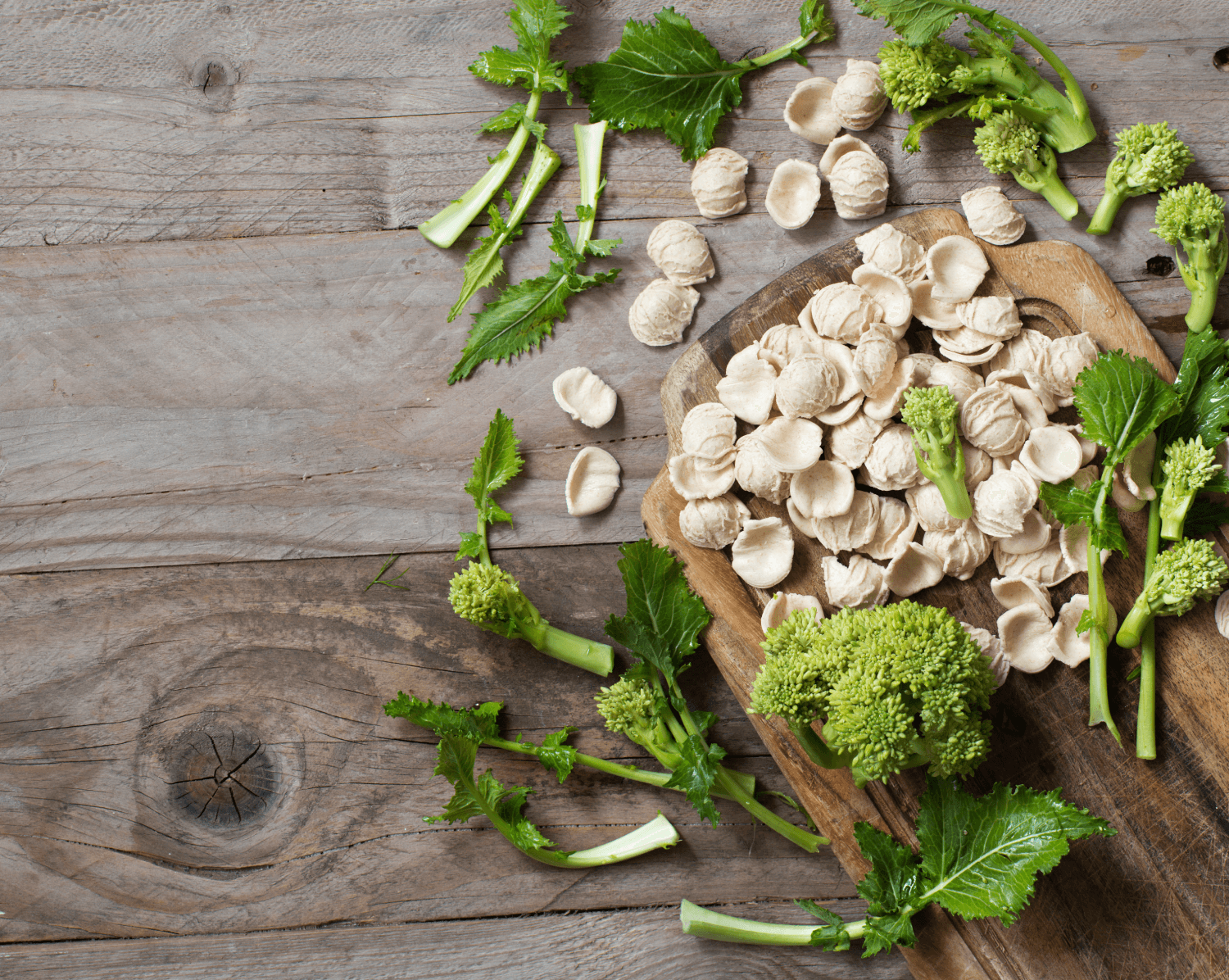We intend to research new vegetable protein sources in fruits and vegetables

Health and wellness are a trend that is creating a shift in people’s diets all over the world. In recent years, the search for healthy and nutritious foods has increased demand for plant-based proteins. According to the latest forecasts, between now and 2035, the consumption of processed products based on vegetable protein will increase by more than 14%, going from 13 million metric tons in 2020 to approximately 100 (Statista, Dec. 2021).
In this scenario, the FOOD+i Cluster has encouraged the establishment of a business consortium of eight Spanish companies, including ours, that are known for their innovation in the food and beverage sector and are committed to collaborating to meet the demand for new sources of vegetable proteins, such as soy protein, to supplement the sector’s existing supply. New vegetable protein sources will allow consumers to diversify their diets, provide additional nutrients, and add more variety and flavor to their diets.
Among the plants being studied are broccoli, brussels sprouts, cabbage, cauliflower, turnips, collard greens, moringa, carob, sweet lupinus (from which lupine is extracted), tiger nuts, broad beans, and various mushrooms.
Through the development of new uses and applications, the companies involved in the CRESCERE project hope to increase the added value of plants with high nutritional and chemopreventive value.

A project financed by the CDTI through its demanding call for strategic projects CIEN and aligned with the European Farm-to-Fork strategy that pursues sustainability and the circular economy of the food chain in the production of high-nutritional-value proteins from vegetables (plant-based).
The research team is made up of scientists and technicians from Kimitec , Carinsa , Ingredalia, interal, Zyrcular Foods, Delafruit, DomusVi and Tecnopackaging who have joined forces under an open research (Open Innovation) model that allows us to complement each other in the development of new products based on vegetable protein.
And we have the collaboration of research organizations: CTIC CITA, FOUNDATION TECNALIA, AITIIP, Cajamar Foundation, and University of Vigo to achieve a qualitative and quantitative leap in the technological areas addressed by the CRESCERE project.
In terms of each partner’s role, we will deal with scaling, obtaining, and characterization of new ingredients, as well as improving the protein intake and microproteins present in target vegetable crops using biostimulants and probiotics, which will improve the organoleptic, chemopreventive, and nutritional properties of food products from the source.
INGREDALIA, a biotechnology company based in Navarra that develops, manufactures, and markets natural functional ingredients for industry from plant by-products, will focus on laboratory-scale research into ways to obtain the protein fraction and compounds of interest, with the support of CARINSA, who will lead the research to obtain suitable protein preparations for application and stability studies.
To ensure the use of these ingredients in the food processing sector, the CRESCERE project has partnered with the following processing companies: INTERAL, DOMUSVI, DELAFRUIT, and ZYRCULAR, who will investigate technologies and processes for the formulation of multiple matrices using the project’s ingredients. Similarly, DOMUSVI will direct the research into the functionality of the identified peptides and developed foods.
Finally, to cover the entire value chain, TECNOPACKAGING will develop a sustainable packaging system to hold the prototypes developed by the processing companies.
CRESCERE is a four-year project financed by the CIEN Strategic Projects program (EPE Center for Industrial Technological Development) that will run from January 2021 to December 2024.
